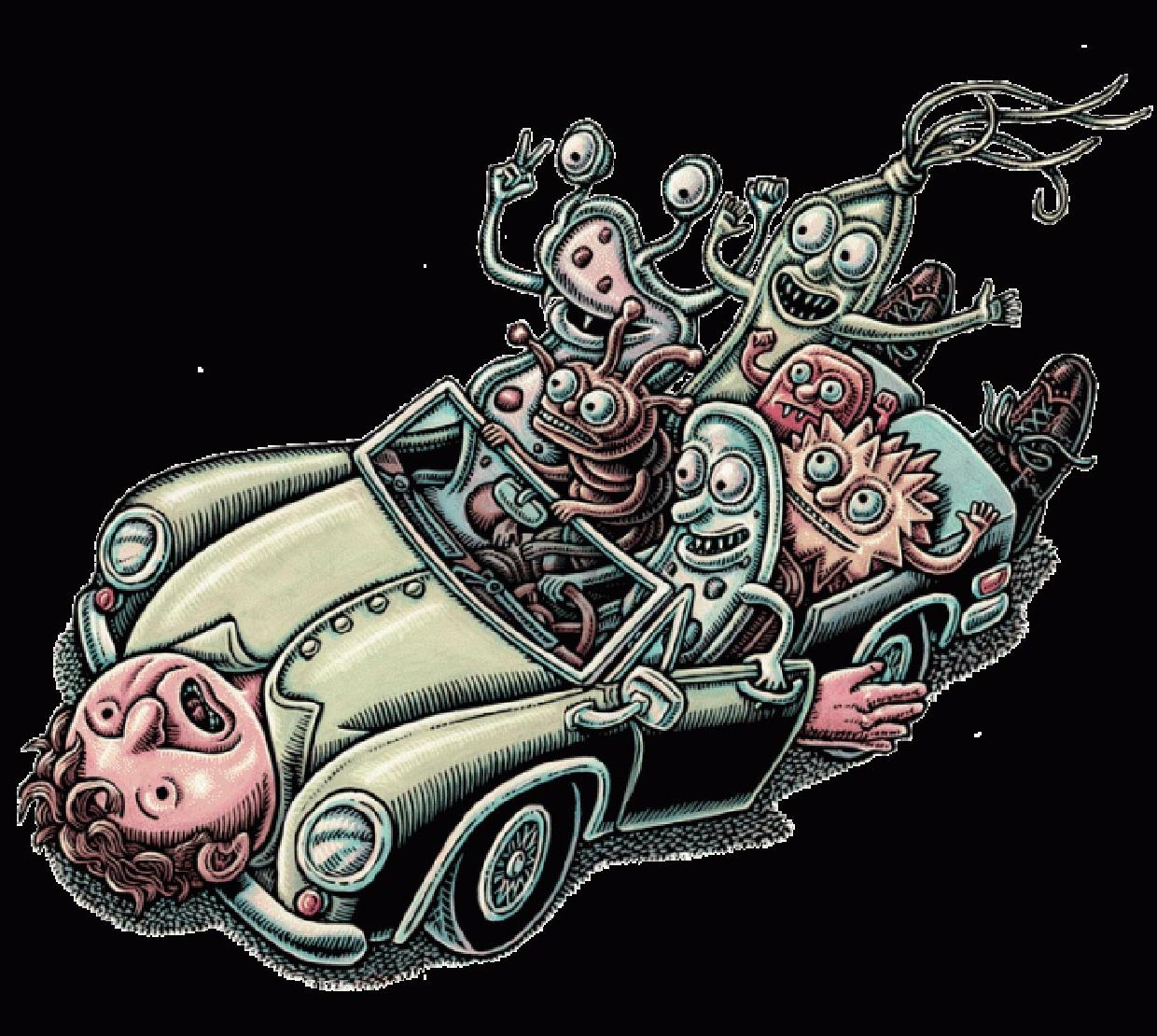Thomas Sharpton, a professor in both microbiology and statistics, will present a Science Pub to clarify exactly what the microbiome is, how it is studied and why it is important to our everyday lives. Sharpton will also discuss how our understanding of the microbiome will ultimately facilitate important social and medical transformations.
This Science Pub event will be held April 11, 2016, from 6 - 8 pm at the Old World Deli, 341 SW 2nd St. in Corvallis.
Recent research has revealed that the human body is covered in a diverse array of microorganisms. Most of these bacteria, viruses and fungi are located in the gastrointestinal tract. This community is collectively referred to as the gut microbiome and plays an important role in human health: disease resistance, some cancers, cardiovascular disease and our mental state. Changes in the microbiome have been linked to acute and chronic diseases and can even affect behavior. These observations raise the issue of what it means to be human.
During a postdoctoral research fellowship at the Gladstone Institute in San Francisco, Tom Sharpton developed new ways to analyze microbiome data.
“We take DNA from an entire consortium of cells that comprises the microbial community and sequence them all simultaneously. What we get is an alphabet soup,” he explains. “We use the computer to determine what DNA came from what organism.”
The Science Pub presentation is free and open to the public. Sponsors of Science Pub include OSU's Terra magazine, the Downtown Corvallis Association and the Oregon Museum of Science and Industry.
Check out upcoming Science Pubs.




